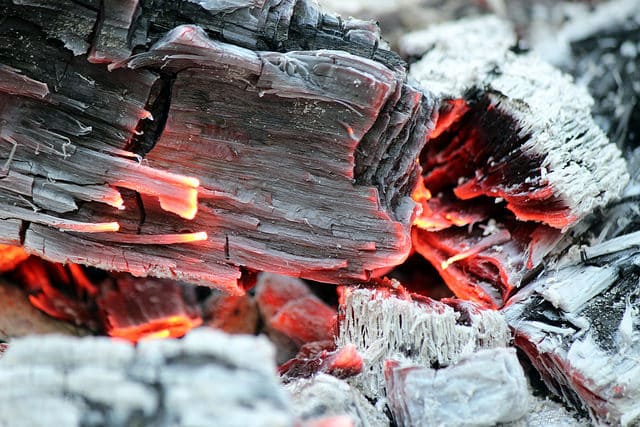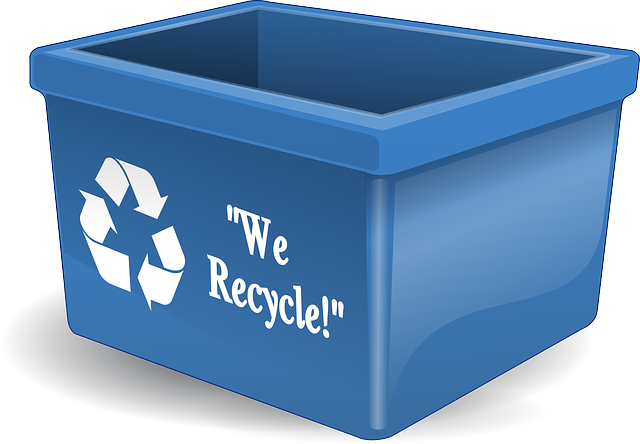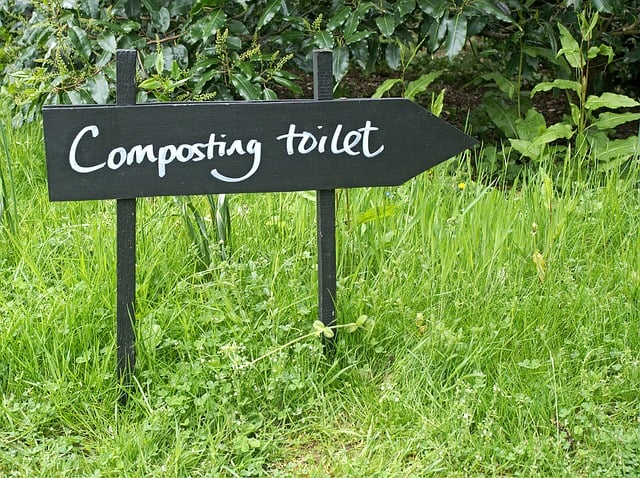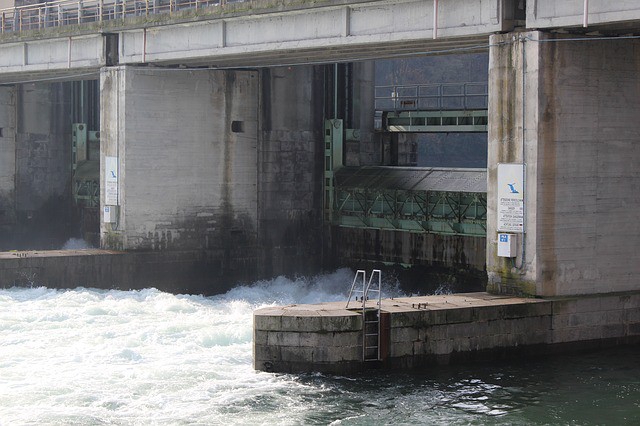The Importance of Recycling to the Environment

Usually, recycling means turning used materials labelled as ‘Recyclable’ in a disposer container where these are meant to be taken and reuse as materials for new products. Recyclable products are used as the raw materials for new products. As the number of our natural resources is decreasing day by day and if this continues nothing will be left for our future generation, recycling is the only ways which can help us to meet our daily demands and save the natural resources. Another vital role of recycling is that it will reduce the amount of waste in our environment and help us to keep our surroundings clean.
Is Everything Recyclable?
Maybe not all the materials are recyclable but if you contact with your local recycling centre you will know what you can or cannot recycle. Usually, goods have the recyclable mark on their packaging or some labels to easily find out which recyclable materials are and which are not. But you have to give an extra effort to know whether these disposal containers with recyclable materials are actually going to recycle centre or being dump into the landfill. Because if their ultimate goal is the landfill then, the overall hard work to save the environment will be pointless.
Materials that can be efficiently and economically separated and processed into new products are more likely to be accepted for recycling. Some common materials that are often taken for recycling include the following:
- Paper and cardboard
- Glass bottles
- Aluminium, steel, and tin cans or other metal containers
- Plastic bottles and containers
- Electronic devices
How Recycling Affects the Environment?
Recycling is one of the best and most effective ways to keep the environment impregnable. Because only reusing can lower the amount of waste and save natural resources for the future. Less landfill trash can save air and water from polluting. Did you know – If we recycle one aluminium can we will be able to save enough energy to run a TV for 3 hours (Obviously depends on the energy consumption of your TV)? It might sound unbelievable but it’s true. This can give you an idea that how much energy can be saved if we take recycling seriously.
It’s not enough to change the way we act but the way we think to return the world what we have taken from it. A survey shows that approximately 3.5 billion to 7 billion trees are cut down every year worldwide to use the land as a landfill. Another research shows that approximately 50 million tonnes of waste are produced in Australia each year. This landfill problem is a difficult issue to solve but has a powerful impact on environmental pollution.
Recycling will reduce the amount of waste of landfills which is potentially hazardous for the environment. Recycled materials might be cheaper than the virgin materials for manufacturers and this can help to reduce the price of those products.
Composting is another way to recycle which improves soil and keeps organic wastes like the garden waste, kitchen leftovers etc. out of the landfills. The carbon, nitrogen and other organic nutrients immanent in those waste augments the soil and reduce the need for artificial fertilizers.
Recycling conserves natural resources. It reduces the need to extract raw materials from the earth, which can have negative environmental impacts like deforestation, soil erosion, and habitat destruction.
Moreover, recycling reduces greenhouse gas emissions that contribute to climate change. When materials are recycled, it reduces the amount of energy needed to create new products, Although it has many benefits, recycling is not a panacea and should be part of a larger strategy that includes reducing waste, reusing materials, and making more sustainable product choices.
How to Reduce the Amount of Trash?
We need a variety of product every day to fulfil our basic needs whether we are in the office or home or anywhere else. But is high time we learned to reduce the amount of trash we produce every day. Recycling will reduce the amount of waste significantly, but we can also implement additional steps to help achieve this goal. I am proving some tips here just to give you an idea on it –
- Recycling standards vary from place to place which requires you to know the specific rules for your area. It’s better to apply reusable packaging whenever possible and doesn’t get daunted by the complicated symbols and sorting rules for recycling on the packaging.
- Another way to reduce the waste is to use reusable bags avoiding the plastic and paper ones. Cloth bags or jute bags can help if you are going for grocery shopping.
- Using reusable containers for your kitchen is environment-friendly. You can store dry foods in glass or wooden containers and can use them over and over.
- In our busy lives people for whom money doesn’t matter but time does, buy things rather than repairing it if something is broken. But wait! You really think it’s the best solution. I would say NO because dumping those things is just increasing the waste amount where you might be able to use it for some time more if you just fix it.
- Another vital step that can help reduce a huge amount of waste is to stop using disposable plates or water glasses even coffee glasses too. Enough of these plastics or papers everywhere!!
- Say no to excess packaging. Try to avoid products that are over-packaged or individually wrapped. Choose products with minimal packaging, and consider buying in bulk to reduce packaging waste.
- Donate or sell unwanted items. Instead of throwing away things you no longer need, consider donating or selling them. This can help reduce waste and benefit someone else.
- Buy second-hand. Purchasing pre-owned items can help minimize waste and save money. Look for thrift stores, consignment shops, and online marketplaces to find great deals on second-hand items.
- Finally, you have to stop buying plastic water bottles. Over 35 billion plastic water bottle is thrown away over the year. Sometimes I see nightmares that our planet is becoming a giant water bottle and we all are stuck into it. OH NO…
How Will Recycling Be Benefited to Us?
At present situation, our beloved earth needs to be rescued and only recycling can save us from an environmental catastrophe. Just to stretch your mind a bit I am pointing out some benefits of recycling here –
- The use of natural resources has been increased up to 94% over the years for non-renewable products. Recycling will save non-renewable resources.
- If you recycle aluminium the 80% less energy will be needed than producing other aluminium products from raw materials.
- If we recycle it will save 60% production energy for steel, 40% for the newspaper, 70% for plastics and for glass its nearly 40%.
- Recycling can create a new job sector for millions of people all over the world.
- Experts say that recycling 10,000 tons of wastes creates 36 jobs where landfilling the same amount of wastes creates 6 jobs.
- If you have a mind for recycling you can save some money every day and do something useful with it (obviously!!)
- Recycling can help lower a number of greenhouse gasses that’s been produced every day in a huge amount.
How Much Necessary is Recycling for Future Generation?
We all will agree on one point and that is whatever we are doing is doing for our future generation. But if we keep destroying our environment in this place nothing will be left for our future generation and everything we are doing for them will become worthless and pointless. Only recycling can help our future generation survive. So don’t waste a minute to take proper steps to recycle because every moment counts.
Author Bio:
David Nicoll is a freelance writer and an independent blogger who writes about waste management, recycling and sustainable living related articles. Connect with him via Twitter.






